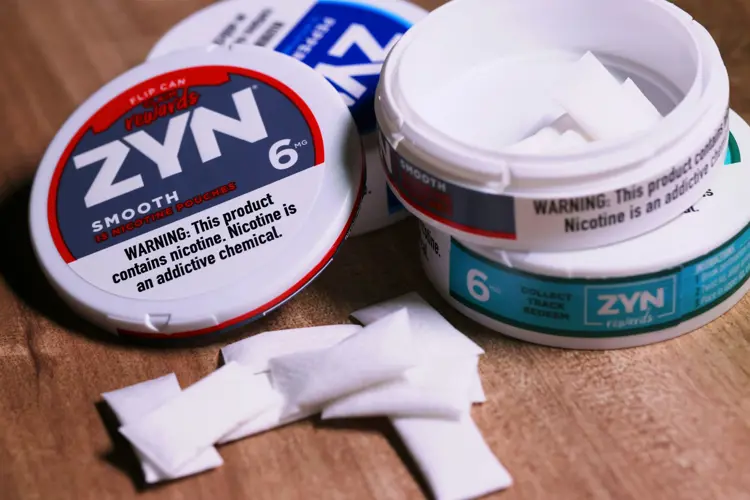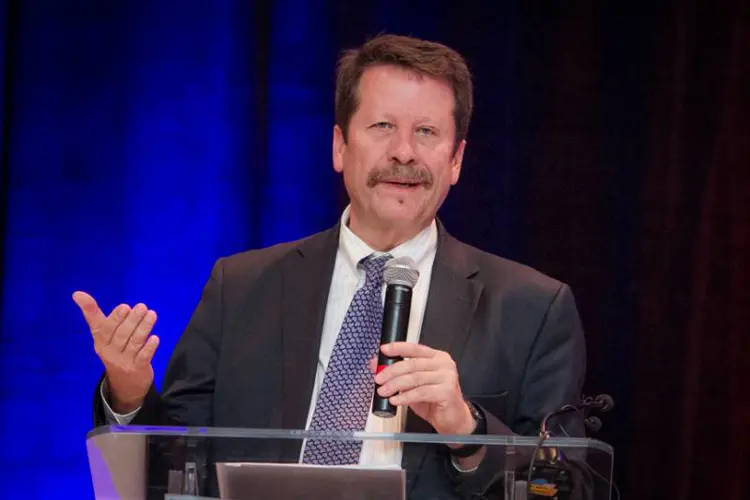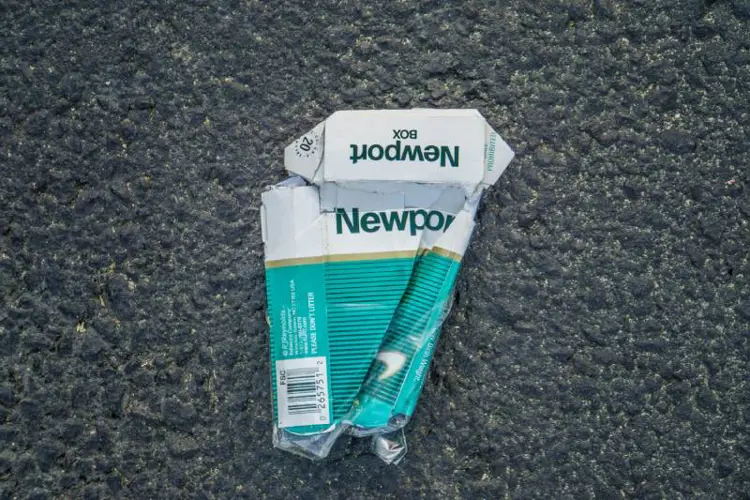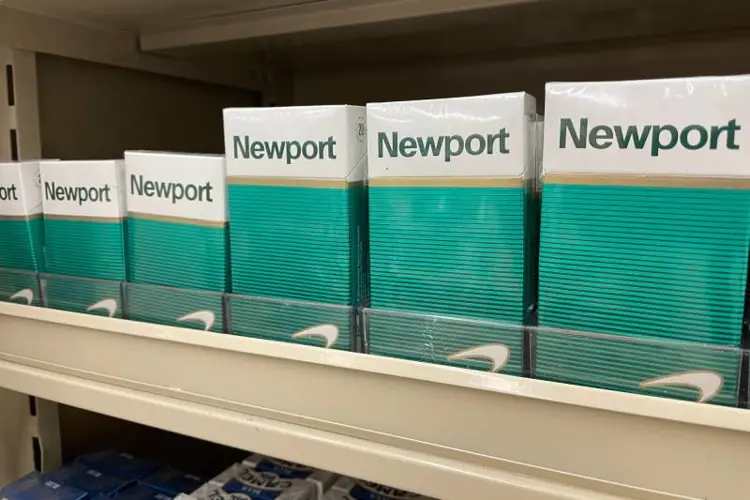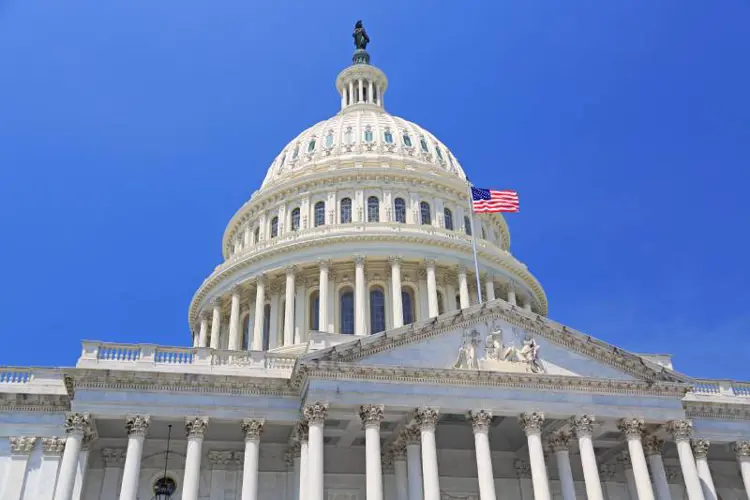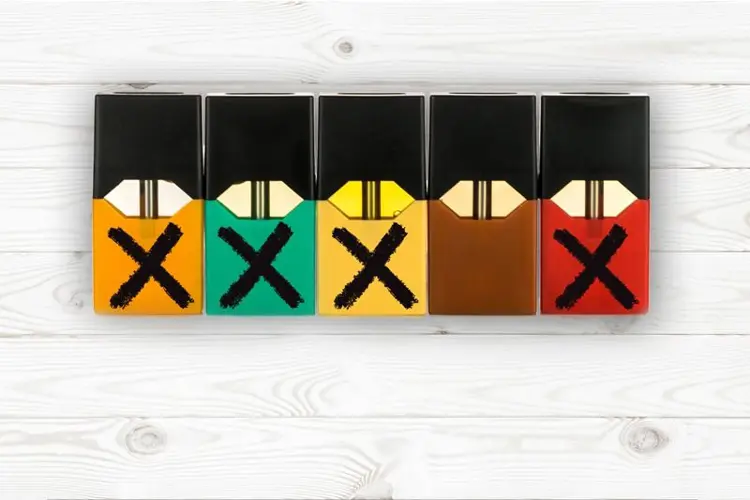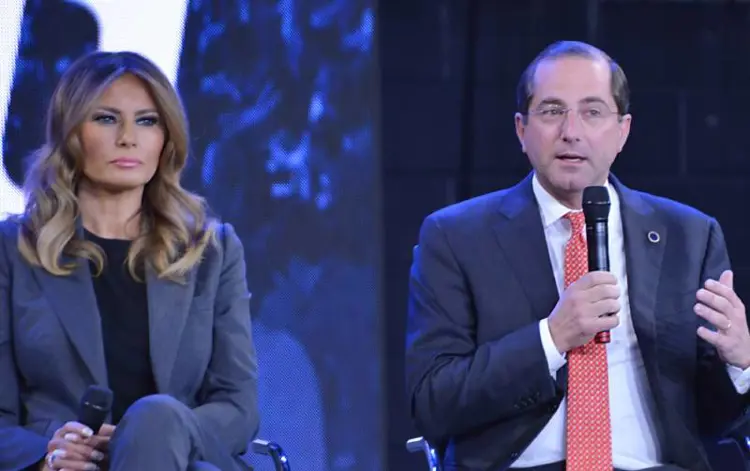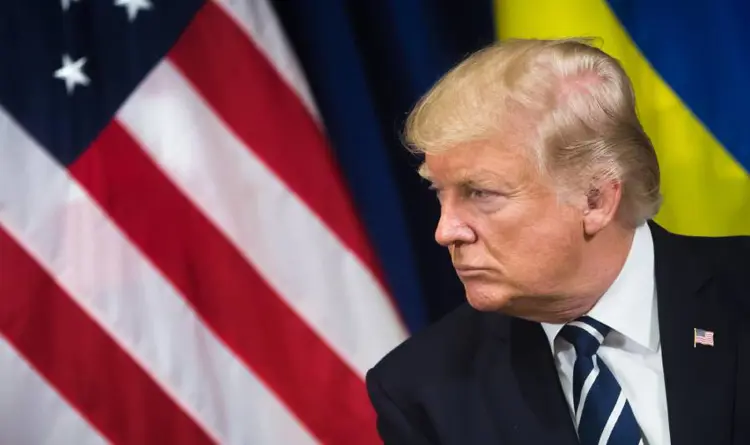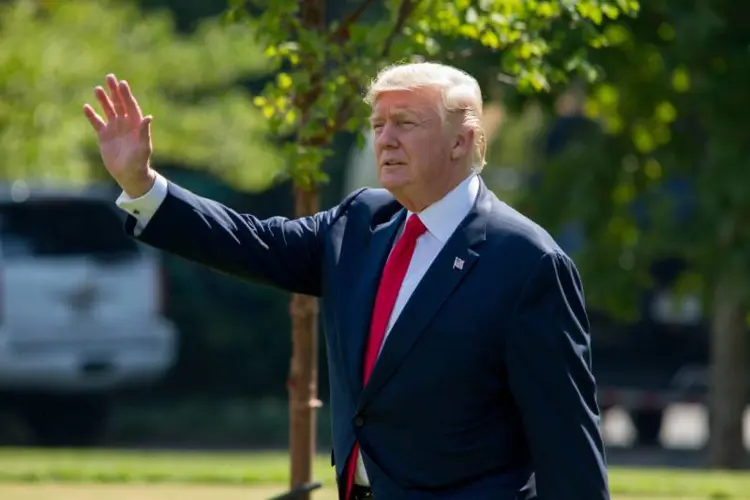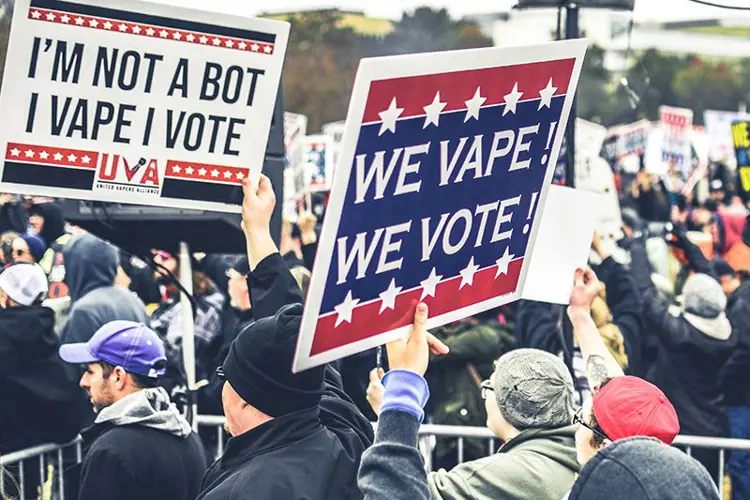FDA Commissioner Scott Gottlieb announced that the agency might reverse course and demand immediate premarket review for existing vapor products, rather than by 2022, as he had promised a year ago. He also threatened an immediate flavored vaping product ban.
The agency also sent letters to JUUL Labs and the four tobacco companies whose products together make up almost the entire convenience store/gas station vape market. The FDA suggests those companies should consider eliminating online sales and voluntarily removing flavored products from the market. They were given 60 days to respond with their plans to prevent youth use.
Gottlieb and the FDA’s multi-pronged attack on the vaping industry also included the announcement of over 1,300 warning letters and monetary penalties for retailers and online businesses selling to minors, and the promise of more to come.
The anti-vaping spectacle delighted the Campaign for Tobacco-Free Kids, who congratulated Gottlieb for recognizing the “crisis.” Billionaire anti-tobacco activist Michael Bloomberg said the agency should go further and remove vaping products from the market.
The aggressive actions and loud talk caused tobacco industry stock prices to spike upward. It’s no secret that the success of JUUL has cut into cigarette sales, and caused pain in the tobacco industry. The FDA actions will hurt the independent vapor industry and help the cigarette manufacturers in equal parts.
Gottlieb says that the vapor industry isn’t doing enough to stem the tide of youth vaping. He claims that preliminary, unpublished data suggest that teenage use of vapor products has exploded in the last year. The data, of course, are secret. You’ve got to trust the commissioner on this one.
The culprit may be flavors, he thinks. The agency is already in the process of issuing rules on e-liquid flavors, but Gottlieb seems to indicate drastic action may be called for. A flavor ban isn’t unexpected. After all, the FDA already tried to ban flavors in 2016. But asking vapor companies to choose between voluntarily shutting down sales of their most popular products or facing an FDA ban is akin to offering the choice of suicide or murder.
“One factor we’re closely evaluating is the availability of characterizing flavors,” he said in an official statement. “We know that the flavors play an important role in driving the youth appeal. And in view of the trends underway, we may take steps to curtail the marketing and selling of flavored products. We’re now actively evaluating how we’d implement such a policy.”
Gottlieb explains that he postponed the final deadline for manufacturers to submit premarket tobacco applications (PMTA’s) for existing products from 2018 to 2022 in order to create workable standards for the industry to follow. “But in view of the accelerating use among youth,” he says in his official statement, “we’re actively considering whether we will enforce the premarket review provision earlier, when it is apparent that these products are now subject to widespread youth use.”
“Thousands of small-business vape shops across America do not engage in irresponsible marketing practices and do not even sell the products being targeted by the FDA with threatening letters,” responded American Vaping Association president Gregory Conley. “Despite this, Commissioner Gottlieb is threatening to shut down all these businesses unless larger manufacturers unilaterally choose to change their marketing practices. It is absolutely absurd and a perversion of how regulatory agencies are supposed to approach their work.”
Of course, the FDA never intended to offer detailed guidance to manufacturers. If Gottlieb hadn’t shown up and extended the deadline, the vaping industry would already be as dead as a doornail. But now he’s feeling the pressure from tobacco control groups and the politicians they influence. So the PMTA extension and flavors are on the table — because we’re in the midst of an epidemic.
The word “epidemic” is liberally strewn throughout both Gottlieb’s official statement and the FDA press release.
“I use the word epidemic with great care,” says Gottlieb. “E-cigs have become an almost ubiquitous ‒ and dangerous ‒ trend among teens. The disturbing and accelerating trajectory of use we’re seeing in youth, and the resulting path to addiction, must end. It’s simply not tolerable. I’ll be clear. The FDA won’t tolerate a whole generation of young people becoming addicted to nicotine as a tradeoff for enabling adults to have unfettered access to these same products.”
That’s the most disturbing part of Gottlieb’s new war on vaping. The suggestion that attractive alternatives for smokers could be prohibited because there is no way to prevent adolescents from wanting to use them. And the idea that preventing youth from wanting to try adult products is even possible flies in the face of all human knowledge about the teenage brain.
The entire period of adolescence is a rehearsal for adulthood: teens practice being adults by experimenting, trying adult things, and making adult decisions. Sure, parents try to guide and protect them, but you can’t bypass the period between childhood and adulthood.
Gottlieb’s willingness to trade the lives of adult smokers for the illusion of teenage purity is simply delusional. Can you think of another adult product that is prohibited because it also appeals to adventurous teenagers? If you do, let the FDA know, so they can label it tobacco and ban it.
Of course, there’s no threat to ban cigarettes. Cigarettes have never had to go through premarket review or prove to the FDA’s satisfaction that they protect the public health. “If underage consumption does not justify a ban on tobacco cigarettes (and I don't think it does), it cannot possibly justify a ban on competing products that are much safer,” wrote Jacob Sullum today in Reason.
Commissioner Gottlieb apparently thought that wholesale disruption of the cigarette market would happen neatly, with each smoker waiting in line to exchange their Marlboros for a drab, flavorless vape that teenagers would ignore, and then all the anti-tobacco activists that depend on cigarette sales would cheer him as he walked off into the sunset.
But that’s not how disruption of a powerful market happens. And that’s not how teenagers behave. And that’s not what entrenched industries like tobacco control do when threatened with irrelevance. You might hope the world works that way, but it doesn't.
“We need a regulatory process that requires product applications to show that the marketing of the product is appropriate for the protection of the health of the overall population,” says the commissioner. “And we need a regulatory process that keeps these same electronic cigarette products out of the hands of youth.”
Gottlieb thinks he can control market forces and steer human behavior in the direction he prefers. But that’s not how regulation works. Nothing is simple. The best he can expect now is that the unintended consequences of his new actions will be more acceptable to those he desperately wants to please than what he did before. He’s regulating based on hope. And hope isn't much of a plan.
The Freemax REXA PRO and REXA SMART are highly advanced pod vapes, offering seemingly endless features, beautiful touchscreens, and new DUOMAX pods.
The OXVA XLIM Pro 2 DNA is powered by a custom-made Evolv DNA chipset, offering a Replay function and dry hit protection. Read our review to find out more.
The SKE Bar is a 2 mL replaceable pod vape with a 500 mAh battery, a 1.2-ohm mesh coil, and 35 flavors to choose from in 2% nicotine.
Because of declining cigarette sales, state governments in the U.S. and countries around the world are looking to vapor products as a new source of tax revenue.
The legal age to buy e-cigarettes and other vaping products varies around the world. The United States recently changed the legal minimum sales age to 21.
A list of vaping product flavor bans and online sales bans in the United States, and sales and possession bans in other countries.







